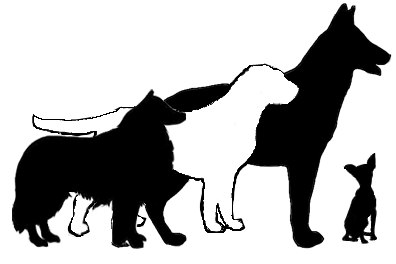
“He’s just a puppy.”
“She’s so darn cute”
“How can I resist those eyes?”
There’s nothing wrong with thinking these things. Who doesn’t find puppy eyes irresistible? Who doesn’t love a puppy kisses? If you don’t find a puppy irresistible, then you’re on the wrong blog! However, while we can be enthralled with our puppy, we also have to be accountable to our puppy.
What do I mean by being accountable to a puppy?
We are responsible for teaching our puppy from the moment he enters our home the way we want him to behave for the rest of his life. It’s not fair to have one set of rules today and then change those rules when he becomes an adolescent at 40 or 100 pounds. If we start with a set of clear consistent rules for our puppy today and keep them throughout his life, we will find that not only is it easier to train our puppy, but everyone, puppy included, is happier.
Arguably, animals start to learn from the moment they are born. A puppy learns through a variety of ways - through his experiences with his surroundings, fellow litter mates, other animals, and humans. When we bring a puppy into our home, while he may be a “baby” – he’s a learning baby. He’s learning every second of the day – even when we’re not interacting with him! It’s our job to be sure that he’s learning how we want him to behave.
Ideally, even before we bring home a puppy, we should establish the rules we want for our adult dog. For example:
* Do we want to allow our dog on the sofas and chairs?
* Do we want to allow our dog to sleep on the bed with us?
* Do we want to allow our dog to greet us with jumps and hugs?
* Do we want our dog to be comfortable being in a crate?
These are just a few examples. The answers are neither right nor wrong. Every family has to decide for itself what it wants from its adult dog. Once a family has these answers, then the moment the puppy joins our home, the rules that the puppy needs to follow have to be established and followed by all family members. In other words, if you don’t want your St Bernard on the couch when he’s 90 pounds, then don’t lift him into your lap when he’s a 14 pound ball of fur. Instead, show him his bed or mat and give him a great toy or bone there. If you want to snuggle with him, then get on the floor next to him. This creates clear consistent communications between you and your puppy. In the end, you and your adult dog will be glad you did!
